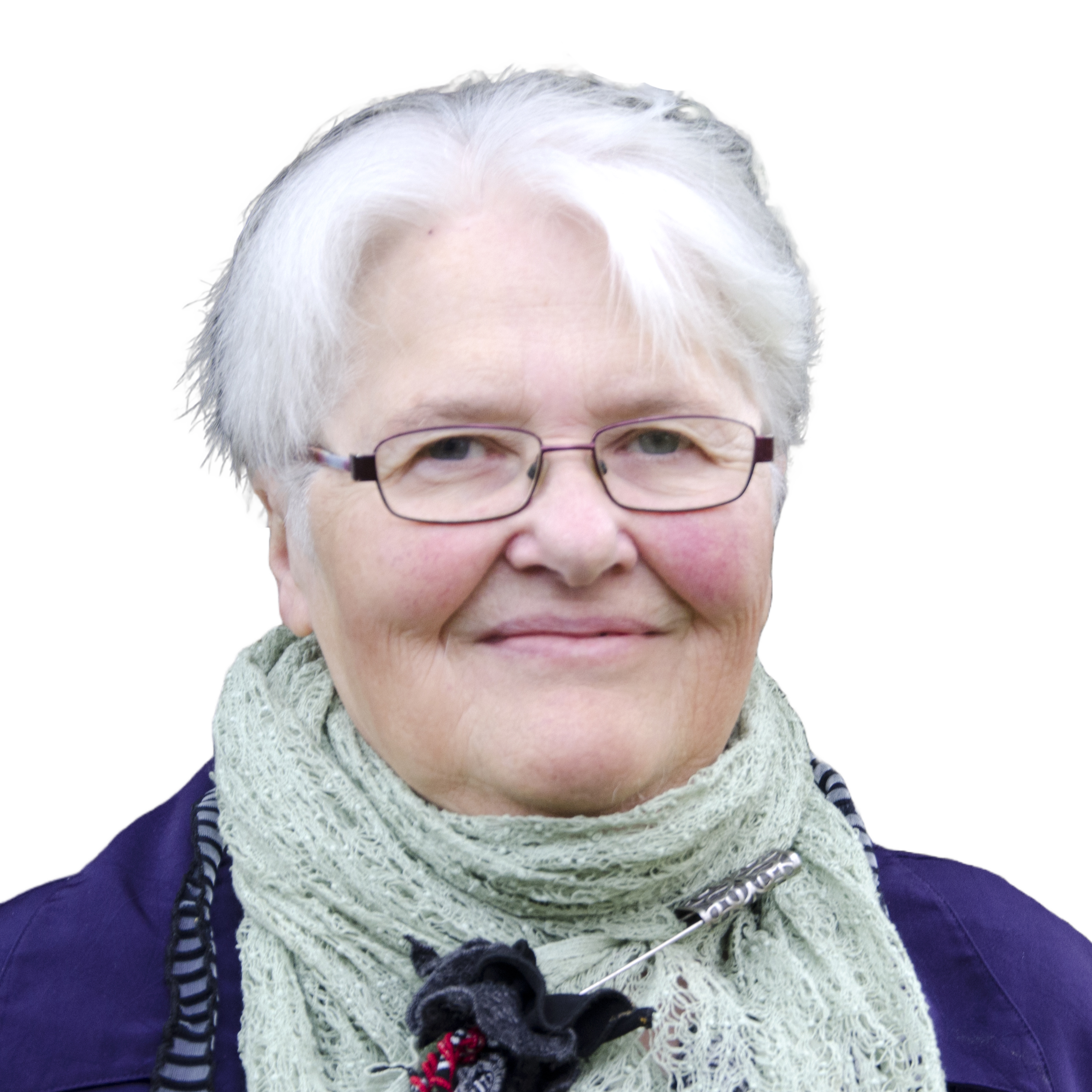I can’t count the number of times I’ve been called “English,” starting in Amish Country, especially in Lancaster County, Pennsylvania.
“English” is what Amish people call anyone who do not speak Pennsylvania Dutch. Yes, they would even use that label for French speakers, I think. It’s a binary world view: You either are or are not one of the 300,000 native speakers of Pennsylvania Dutch in North America. If you don’t speak that language, you are English. Yes, I fall into that category.
But, no, I never thought of myself as English. My father’s first language was Pennsylvania Dutch, a dialect of German that comes from the Palatine region of Southern Germany, Alsace and Lorraine in Eastern France, and parts of Switzerland. (No, not the Netherlands: “Dutch” is a corruption of “Deutsch,” which means German.) My family were Mennonites, close cousins to Amish, although they now mostly speak English.
I always assumed my DNA was 100 percent Swiss German, from the canton of Bern in Switzerland. In family stories, Northern Switzerland was always the starting point of my ancestors’ migration to the New World. Beginning in 1663 the migrations began, mainly to escape religious persecution. They were an insular group; I never heard of one instance of intermarriage with a “worldly” person, not before my generation.
Thing is, if you married a non-Mennonite, it almost always meant you’d left the church, and your branch of the family tree was broken off right there, and the family no longer had contact with you. That’s sort of what happened to me, although times have changed and I enjoy a close relationship with my immediate family.
I’ve been in Quebec now for 48 years, and I am still irritated and bemused when I hear persons whose first language happens to be English labelled, with various overtones, “les anglais.” The brand “English” carries connotations that may be friendly, derisive, resentful or bitter. For me, the first barrier to speaking about those feelings is the widespread blindness to the great diversity among the people lumped together under that label.
Now, to my amazement, I have to admit I’m a bit guilty of that same blindness, in relation to my own ancestry. I recently had my DNA analyzed, and no, I am not 100 percent Swiss German! In fact, only 48 percent of my DNA resembles that of people from Germanic Europe, an area taking in Germany, Czechia, Austria, Switzerland, Luxembourg, Belgium and the Netherlands.
(Switzerland – Bingo! But only 48 percent?!)
Now I have to have a chat with my neighbour and figure out how we are cousins, because a full 22 percent of my DNA is French. Really? French?
My older brother enlightens me. “Some intermarriage for Amish and locals in Alsace-Lorraine?” Oh yes, I recall my mother’s history lessons about the Alsace-Lorraine region in eastern France; it was ceded to Germany in 1871 after the Franco-Prussian War, and handed back to France in 1918 after the First World War. But that was after my ancestors had migrated to Pennsylvania. I had not realized my family’s personal interest in the Alsace-Lorraine story, or that my Mennonite ancestors could have intermarried with French persons.
Am I ready to own my French side? Absolutely! Is that what motivated me to study French while a student in Virginia? Is that what destined me to settle in Quebec? Hmm.
But the rest of me? Well, 20 percent of my DNA is similar to persons from Belgium and/or England, including the Channel Islands. Now Belgium is easy to understand; I know family stories of my ancestors coming to the New World via Belgium. One young couple were kidnapped; the ship’s captain enticed them to stay aboard overnight to bid their friends farewell. The ship was to leave in the morning.
Well, when morning came, they were far out to sea. To get his passage money, the captain sold them as indentured servants to a Captain Morgan of Morgantown, Pennsylvania. So the story goes. No mention of intermarriage in Belgium, but it could have happened.
And then the last 10 percent: Sweden and Denmark. I bow to my mother’s blue-eyed family, and our Viking forebears – the word “our” referring to so many northern Europeans, including French, most likely. So maybe it’s time to stop thinking of “the French” as a monolith. Could “they” be just as variegated as “we” are?
THANK YOU
April 24-30 is Volunteer Week, and the Centre d’Action Bénévole du Haut-Saint-François takes the occasion to thank all our volunteers for everything they do. The motto this year? Volunteering is Empathy in Action. “Volunteering can help us develop empathy and see the world through the eyes of others. Thank you for all your caring, compassion and contributions to our communities,” wrote Diane Grenier, volunteer coordinator with the CAB. She can be reached at 819-560-8540 or coordo@cabhsf.org.
FUSILIERS DE SHERBROOKE
The music of Leonard Bernstein, Jan Van der Roost, George Gershwin and John Williams: the Fusiliers de Sherbrooke bring a breath of fresh air in Cookshire on Saturday, April 30 at 3 p.m., at the St-Camille Church, 170 Principale East, Cookshire-Eaton. Proceeds will benefit the Maison de la Culture John-Henry-Pope.
CHURCHES
Anglican. In-person service on Sunday, May 1st, at 11 a.m. at the St. Peter’s Church Hall in Cookshire. Also, Bishop Bruce Myers offers Home Prayers at 4 p.m. on Sundays via Facebook, and at quebec.anglican.ca (Worship Videos). Info: 819-887-6802, or quebec.anglican.ca.
United. For service information, please check the United Eaton Valley Pastoral Charge answering machine at 819-889-2838. For pastoral emergencies, contact Rev. Mead Baldwin at 819-837-1112.
Baptist. Regular in-persons services are in French at 9 a.m., in English at 11 a.m., respecting Covid protocols, including masks and hand sanitizing. For information, please contact Pastor __ Houle at 819-239-8818.
Do you have news to share? Call 819-640-1340 or email rawrites@gmail.com by May 2 for publication May 11, and by May 16 for May 25.
The English

Article précédentAgrandissement de l’école Saint-Camille : Présentation des scénarios

